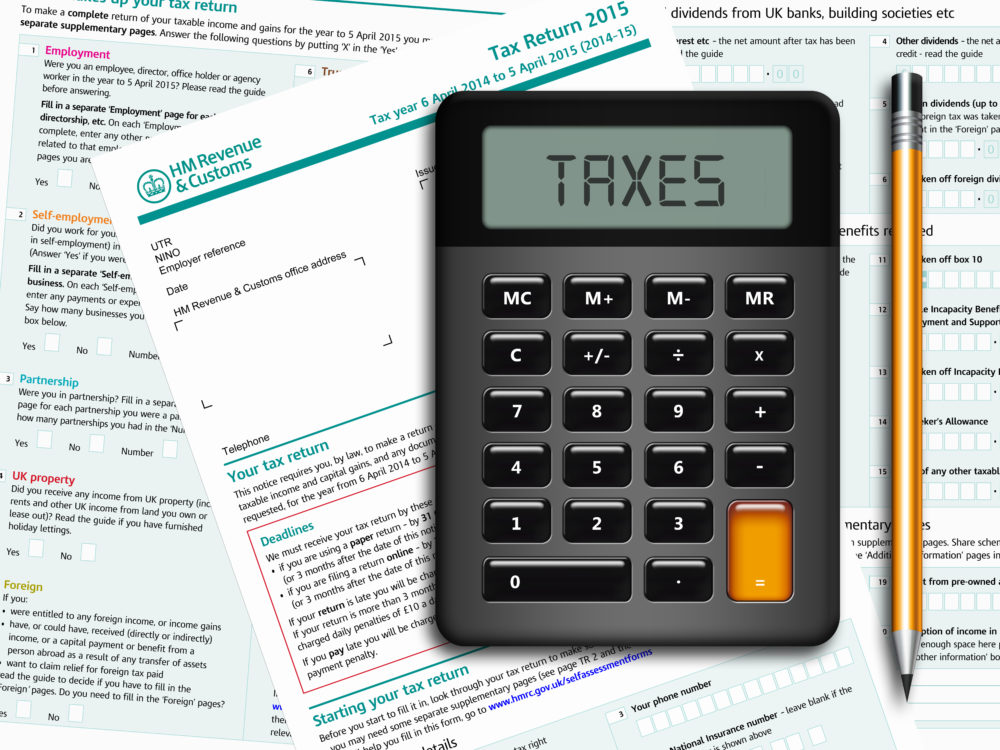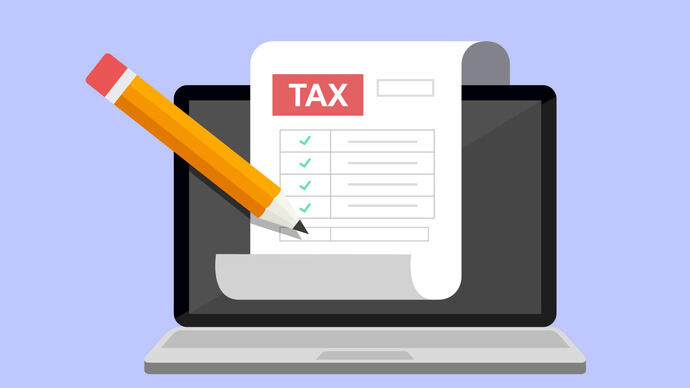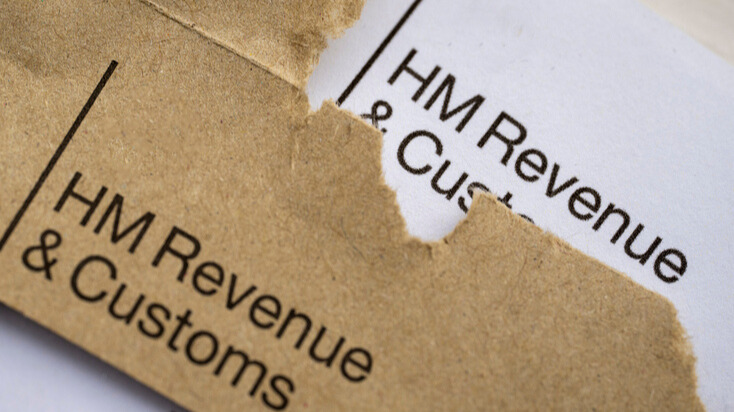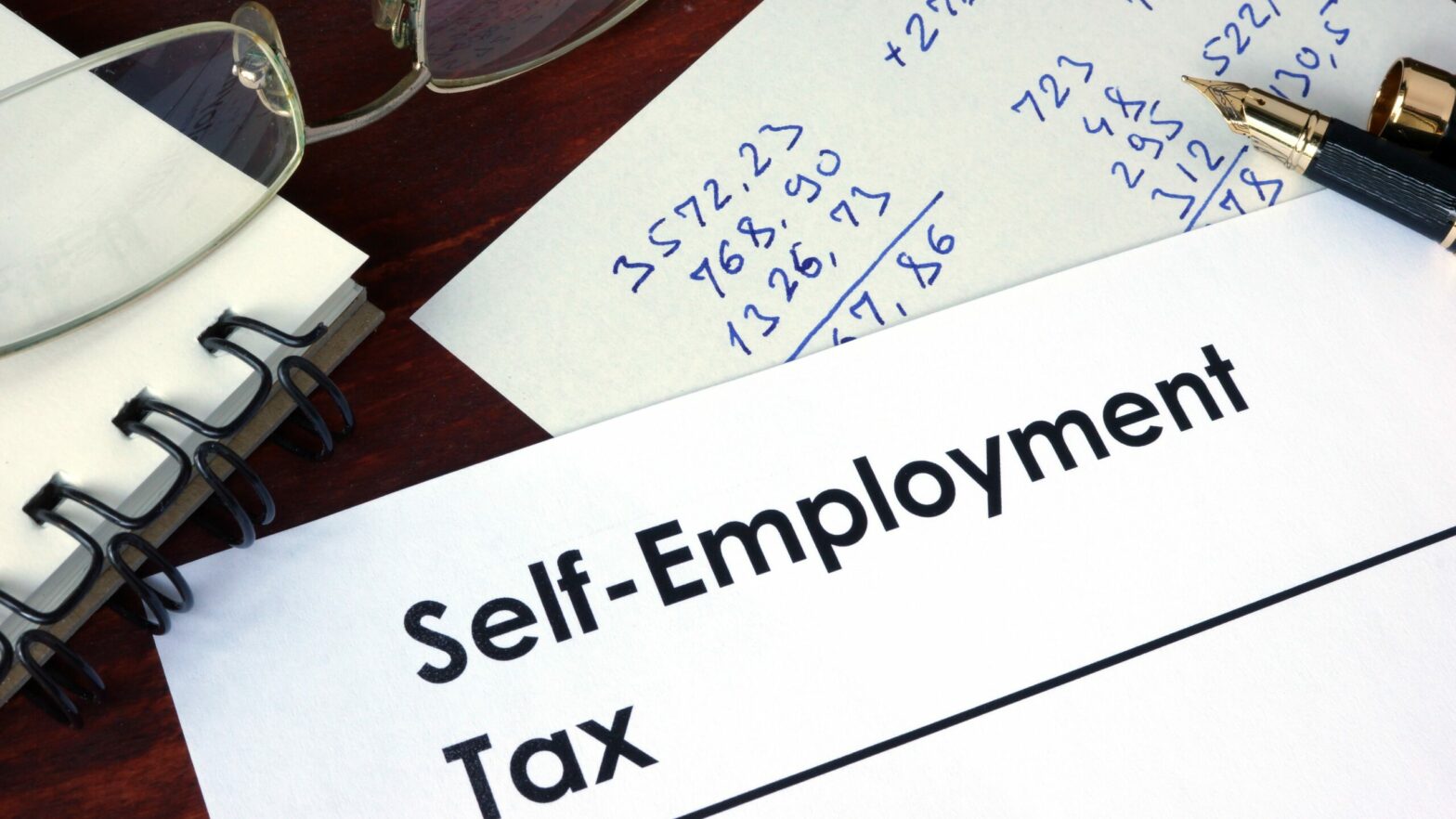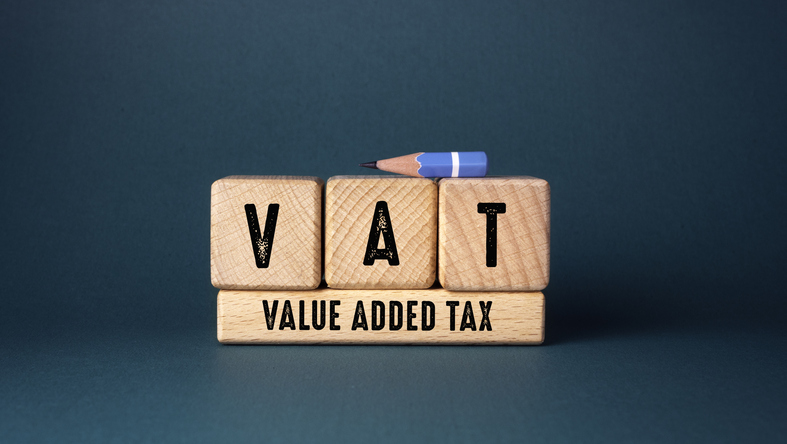If you are self-employed or in a business partnership and haven’t done a tax return yet, it is best not to dwell on why at this point. But it will mean you don’t know what tax you owe for the year 2018/19 -which you have to pay by 31 January.
What is essential is that those needing to make a tax return focus now on doing so and finding out what tax is owed and has to be paid on 31 January (preferably before). Questions you will be asking yourself – beyond “Why have I left it this late?” will probably be:
- Do I need to do a tax return?
- How do I do my tax return?
- When do I need to make my tax return?
- When do I need to pay my tax?
- How do I pay my tax?
It will be no consolation and little reassurance to know that you are not alone. More than five million taxpayers have less than a month to complete their Self Assessment tax returns before the January 31 deadline. Nearly 12 million 2018/19 tax returns are due back with HM Revenue and Customs (HMRC) by the end of January. But as of 31 December, 6.3 million returns have been completed, meaning around 5.4 million are yet to be filed.
The latest figures from HMRC reveal that 34,448 returns were filed on New Year’s Eve alone, while just over 17,000 were filed on 1 January 2020.
The key thing is not to panic and to understand that while you have a fair few hours work to do and some sifting through paperwork – a tax return is do-able in the time. But you do need to crack on with it.
Do I need to do a tax return?
You need to send in a tax return if in the last tax year, which runs from 6 April to 5 April, you were either:
- self-employed as a “sole trader” and earned more than £1,000, or
- a partner in a business partnership.
David Redfern, managing director of DSR Tax Claims advises keeping calm. “It can be tempting to bury one’s head in the sand but is wiser to take action now,” he says, “By leaving it right until the deadline, you run the risk of being hampered by circumstances outside of your control such as technological issues or banking system problems – all these have the potential to delay your tax return submission or paying your tax bill and HMRC may still issue a late filing penalty even if you feel the delay wasn’t your fault”.
So the onus is on the individual to make the return and to do it now.
How do I do my tax return?
Before you do anything else, make sure you are registered with HMRC. You will need to be registered to do a tax return.
Trish Clements, consultant at tax and business advisers Harbour Key says: “The HMRC online self-assessment system is user friendly for filing simple tax returns, but you need to ensure that you are registered, otherwise you will have to obtain an activation code from HMRC before you can use it which can take some time.”
To register go to HMRC registration
HMRC will:
- send you a letter with your 10-digit Unique Taxpayer Reference (UTR)
- set up your account for the Self Assessment online service.
However it can take 10 days to get an activation code so you will need to act now.
Clements says: “Start the tax return as soon as possible, as the longer you leave it the more likely you are to miss the deadline, and set aside some time to focus on completing it. The sooner it is done, the sooner you will know the tax liability due and be able to manage the tax payment.”
When do I need to make my tax return?
You can only at this late stage make an online tax return. The deadline for paper tax returns was 31 October. Now your deadline is 31 January, midnight – but don’t leave it that close. Obviously as the deadline approaches, you will not be alone in trying to file and inevitably there could be technical problems and lags in the system. And if you are hoping for an accountant to look things over and or to file for you – their time will also be restricted so you may not be able to rely on them being available.
When do I need to pay my tax?
You need to pay your tax by midnight on 31 January – this January. If you miss the deadline there is an automatic £100 fine. After three months, additional daily penalties of £10 per day may be charged, up to a maximum of £900 for filing your tax return late. If you still haven’t filed your tax return after six months, you will be fined five per cent of the tax due or £300, whichever is greater. And if you still haven’t paid after 12 months, you will be hit with another five per cent or another £300 charge, whichever is higher.
Then there are separate penalties for failing to pay your actual tax bill on time (a further £100 plus interest after three months).
Remember, most self-assessment tax payers are expected to pay a payment on account towards the 2019/20 tax bill (50 per cent of this year’s tax bill) and again, penalties will be levied if that is not paid on time.
Check your return before submitting
It might seem obvious but in the rush needs highlighting – check your return before submitting.
Redfern says: “Always recheck your tax return before you submit, even simple details like your National Insurance number or your UTR.
“Little mistakes can cause problems further down the line so it is a good idea to spend a bit of time calmly rechecking your tax return before you submit, just to make sure you haven’t missed a zero from a figure or mis-typed your date of birth.
“Although you can rectify mistakes in your self-assessment after submission, they are much easier to correct prior to submission.”
He points out that while mistakes can be rectified online within a year of submission (for tax year 2018/19, online tax returns can be corrected until 31 January 2021) but changes to your self-assessment tax return could also impact on the amount of tax you owe.
It may really seem obvious also to say make sure you submit your tax return.
“It can be such an easy mistake to make and yet I have seen it so many times – you fill in your tax return and save it but forget the crucial step of actually submitting it,” says Redfern. “Until you have submitted it, HMRC won’t receive it and will therefore assume you to have missed the deadline, even if you have filled every single page of your tax return. Make sure that you submit online and check that you receive an acknowledgement from HMRC that they have received your tax return.”
How do I pay my tax?
HMRC will not accept payment at the Post Office nor can you pay by personal credit card but you can pay by debit or corporate credit cards. For the latter you will also pay a fee.
Basically, it would prefer it if you paid by Direct Debit or online or telephone banking including Faster Payments, Bacs or CHAPS (for more information on paying go to paying HMRC).
If you can’t pay your tax it is essential that you contact HMRC straight away – you may avoid penalties if you have a good excuse, but either way you may be able to set up a payment plan.
What to do about your next tax return
If this year was a panic, once you have registered for, submitted a return and paid or about to pay your tax, now is the time to keep the good work going – you are not far off from the end of the next tax year (at 6 April) and you could do your tax return for the year 2019/20 then.
While the paperwork is a little effort can your records up to date for this tax year.
Clements says: “Record keeping is vital, as with tax returns you are always filing a year to 18 months after the event. So keeping up to date records now to ensure that you make the relevant claims for the 2019/2020 tax year is key. By 31 January 2021 [which is the filing deadline for the 2019/2020 tax year], it will be 18 months since the end of that tax year on 6 April 2019!”
Redfern suggests a new year resolution for self-assessment taxpayers to ensure that next year’s tax return goes smoothly.
“Well-kept financial and business records can take much of the sting out of tax returns,” says Redfern, “If your financial information is well-organised and easy to find, it makes the whole process of sorting out your taxes much easier and will help next year’s self-assessment process be far less painful.”
Jason Hollands, managing director at financial planners Tilney concedes that of course, having got through the process of filing a tax return, financial fatigue can kick-in and the natural inclination may be to avoid thinking about your tax and finances for another year.
“But in reality, getting your return in should merely be the starting pistol for making sure that, where possible, you utilise your various allowances before the tax year end at midnight on 5 April,” he says, “These include pension and individual savings account (ISA) contributions, switching assets or cash between spouses to optimise tax efficiency and potentially crystallising profits on assets to make use of the annual capital gains allowances. For some, using more specialist tax efficient schemes like Venture Capital Trusts and Enterprise Investment Schemes can also help reduce an income tax liability.
Despite a tax bill ahead such planning can make the prospect more acceptable.
“A little time invested on planning and using the various options available, or spent seeking the help of a professional financial adviser, can lead to a significant improvement in your circumstances and might provide you with a tax cut far more generous than anything the Chancellor provided in his last Budget,” says Hollands.
